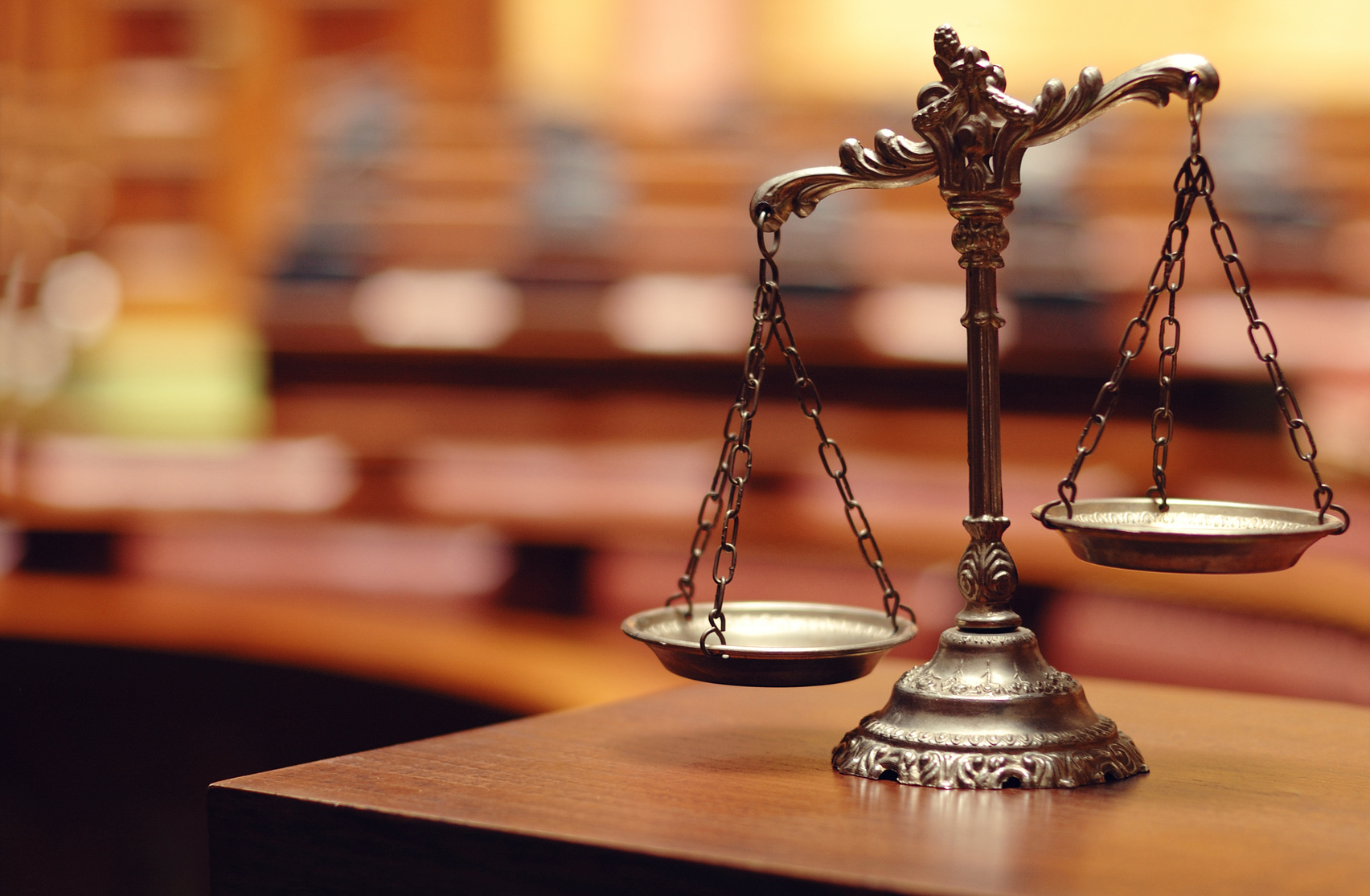If you have questions regarding what contempt of court means, or if you have been charged, it is in your best interest to reach out to our firm today to speak with our skilled Houston criminal defense attorneys.
What does “contempt of court” mean?
Contempt of court refers to conduct that defies, disrespects, or insults the authority or dignity of a court. Typically, contempt is seen as acts that are damaging to the court’s power to administer justice. Judges generally have more control in determining whom to hold in contempt and the kind of contempt. Those held in contempt can hold parties to a proceeding, attorneys, witnesses, jurors, people in or around a proceeding, and officers or staff of the court itself. There are two kinds of contempt of court acknowledged: criminal contempt of court and civil contempt.
Civil contempt is the failure of someone to comply with a court order. Judges use civil contempt sanctions to push a person into conceding with a court order the person has violated.
You will want to recognize that if you are charged with criminal contempt of court, the charges are punitive, which indicates that they serve to prevent future acts of contempt by punishing the offender no matter what happens in the underlying proceeding. Someone imprisoned for criminal contempt can’t secure their own release by deciding to abide by the court.
Judges use several factors when deciding whether to hold someone in civil or criminal contempt, including the nature of the underlying court proceeding (criminal or civil) and the severity of the contemnor’s conduct.
What are indirect and direct contempt?
Contempt of court can happen either “directly” or “indirectly.” Direct contempt appears in the presence of the court. For instance, someone could achieve direct contempt by yelling at the judge in a way that limits the court’s ability to function and brings disrespect to the court. Indirect contempt occurs outside the presence of the court. Examples include improperly communicating with jurors outside the court, refusing to turn over subpoenaed evidence, and refusing to pay court-ordered child support. Recognize that not all of these steps describe criminal contempt.
What are the consequences of a criminal contempt charge?
Criminal contempt charges become different charges from the underlying case. Unlike civil contempt sanctions, criminal contempt charges may continue after the solution of the underlying case.
An individual that is charged with criminal contempt usually gets the constitutional rights guaranteed to criminal defendants, including the right to counsel, the right to put on a defense, and the right to a jury trial in some circumstances. Charges of criminal contempt must be proved beyond a reasonable doubt.
CONTACT OUR EXPERIENCED HOUSTON FIRM
If you have sustained a serious injury or are facing criminal charges, contact the Gonzalez Law Group today to learn more about how we can help you through every step of the legal process ahead.

